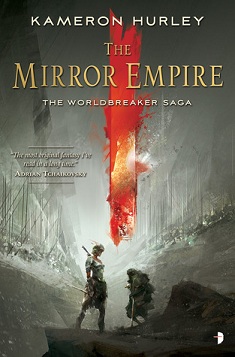Vox Day has been talking smack about John Scalzi and his sales again, you know the schtick: “nobody really likes him the real proof of a good writer is how well he sells all a conspiracy he’s on the bestseller list people like Larry Correira sell much better blah blah blah”. Funny thing that, according to John Walker in a comment at File 770:
Well, according to Bookscan Larry’s sales are in freefall. His first mm pb book sold some 51,000 copies, but that was back in 2009, which was an entire different publishing world, then. His latest book in mass market? 3500 copies, at best. He seems to be trading on past success,but honestly most of his books (and his compatriots) are selling poorly. Hoyt’s latest? 200 copies. Freer’s? 600 copies. If anything a lot of this is just knee-jerking on their part, and suggestive that perhaps they should figure out why their sales are plummeting, instead of picking on others for their misfortunes.
Whoops.
Worse, as Nick Mamatas shows in comments at James Nicoll’s, Sarah Hoyt isn’t doing well either, downright awful in fact:
231 copies for a book released in July by a mainstream publisher, by an author with a number of series and award nominations, and whose blog posts receive 100s of comments, is a big problem. But it doesn’t appear to be far from wrong, given the other available information.
The only possible conclusion you can draw from this is that all the rightwingers who like to hang around at Day’s, at Hoyt’s, like to talk a lot and give it all that with their circlejerks about how nobody likes all those politically correct gamma authors and it’s only the effeminate critics at whatever the latest target of their ire is who pretend they are popular, seem damn reluctant to acually, you know, buy the books of the authors that they supposedly support.
Rightwingers are moochers. They only wage culture war if it’s free or if they can get wingnut welfare for it, but actually spending money? Never.

